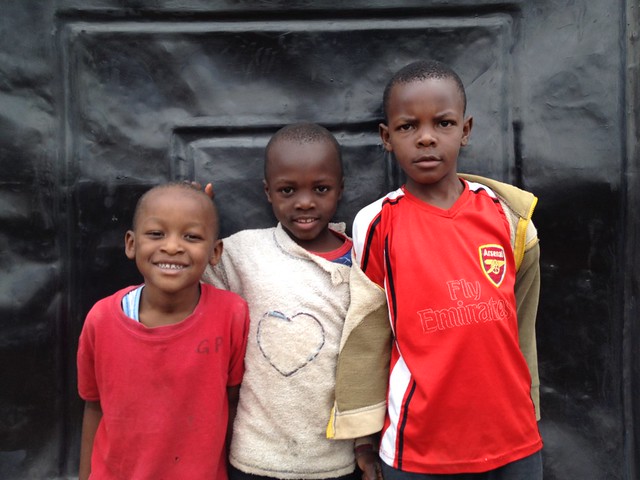Male Circumcision for HIV Prevention in Africa
African public-health systems continually examine strategies that balance disease prevention, cultural identity, and ethical responsibility. One of the most debated approaches is the expansion of voluntary medical male circumcision (VMMC) as a complementary tool to help reduce HIV transmission across high-prevalence African countries.

Circumcision has deep history. It originated among ancient Egyptians and early Semitic communities as a symbolic rite. Today, many African societies frame it as part of cultural identity, manhood, and community health. Its medical significance, however, is anchored in more recent HIV-prevention research.
Beginning in 2007, the World Health Organization (WHO) and UNAIDS recommended VMMC—alongside condoms and testing—as an additional tool to reduce HIV risk in males ages 10–29. Since then, more than 15 million procedures have been completed across 14 nations, including Kenya, South Africa, Uganda, Malawi, Zambia, and Zimbabwe.
Explore African slow-life traditions that contextualize how cultural identity and body practices evolve over generations.

Three major studies conducted in Kisumu, Kenya; Rakai District, Uganda; and Orange Farm, South Africa reported that VMMC could reduce female-to-male HIV transmission by ~60%. Participants were instructed to avoid sex for at least six weeks post-procedure and to use condoms if sexual activity occurred before full healing.
Follow-up research in Uganda showed a 73% protective effect among circumcised men. However, a study led by Dr. Maria Wawer at Johns Hopkins reported that VMMC did not reduce HIV transmission to female partners, underscoring that circumcision must complement—not replace—other HIV-prevention strategies.
West African natural healing practices also illustrate how communities combine modern and ancestral approaches to health.
The public-health strategy aims to reduce new infections and relieve treatment burdens on national health systems. Critics raise ethical questions, asking whether VMMC promotion in low-resource communities risks taking medical advantage of vulnerable populations without equal investment in education, testing, and antiretroviral access.
Several countries—including Nigeria and Kenya—have high circumcision rates yet house some of the world’s largest HIV-positive populations. This contrast highlights the complexity of HIV transmission where economic inequity, healthcare access, and stigma play major roles.
African nations collectively have the world’s highest circumcision rate and the world’s largest HIV-affected population. The relationship is not linear; HIV prevention requires comprehensive solutions beyond a single intervention.
Did you know?
Voluntary medical male circumcision removes the foreskin—the retractable skin covering the head of the penis. The inner foreskin contains cells vulnerable to HIV entry and can develop small tears that may increase transmission risk.
Key Takeaways
- VMMC can reduce female-to-male HIV transmission by ~60%.
- Circumcision alone does not protect sexual partners.
- Condoms, testing, and antiretroviral therapy remain essential.
- Ethical debates focus on consent, youth protection, and access to full care.
Related Reading
Explore more African culture & history
For a broader look at masculinity and identity, explore African Men: Identity, History & Culture.



























